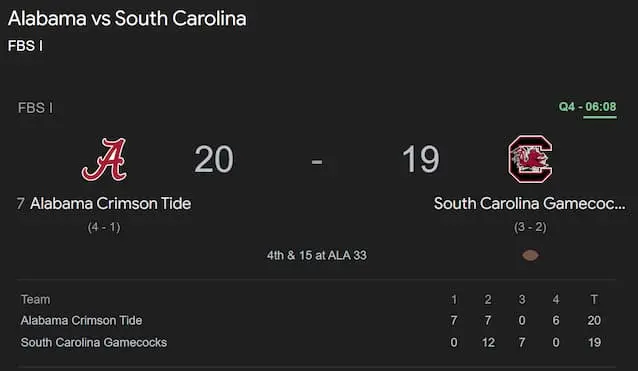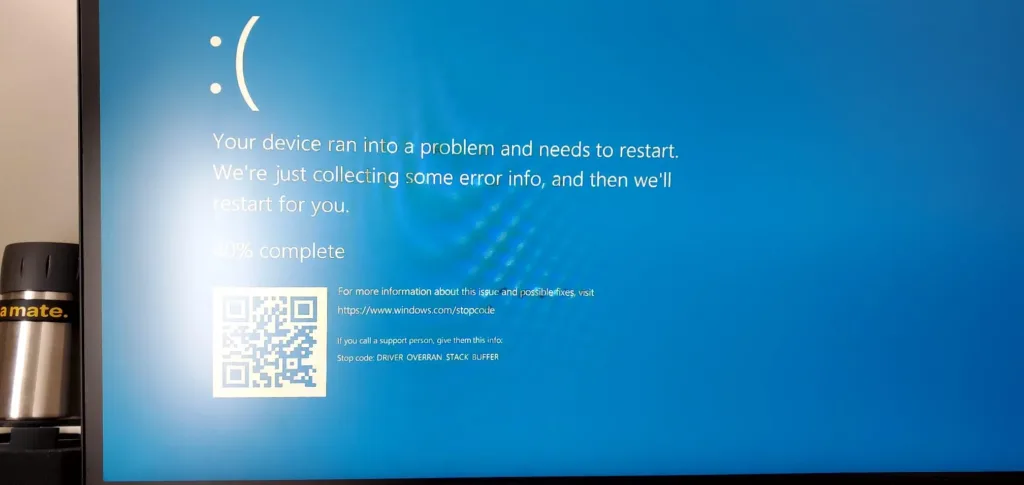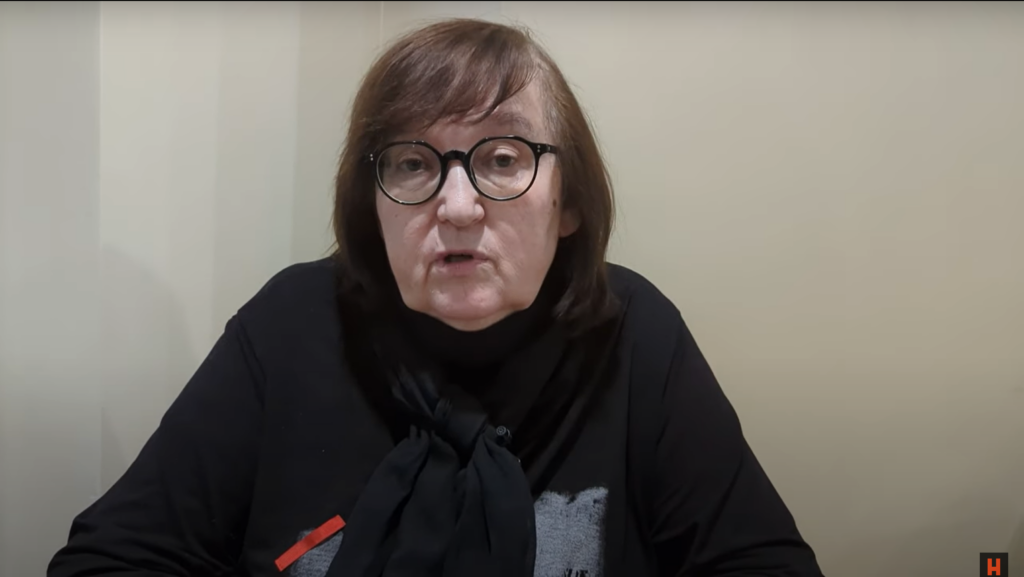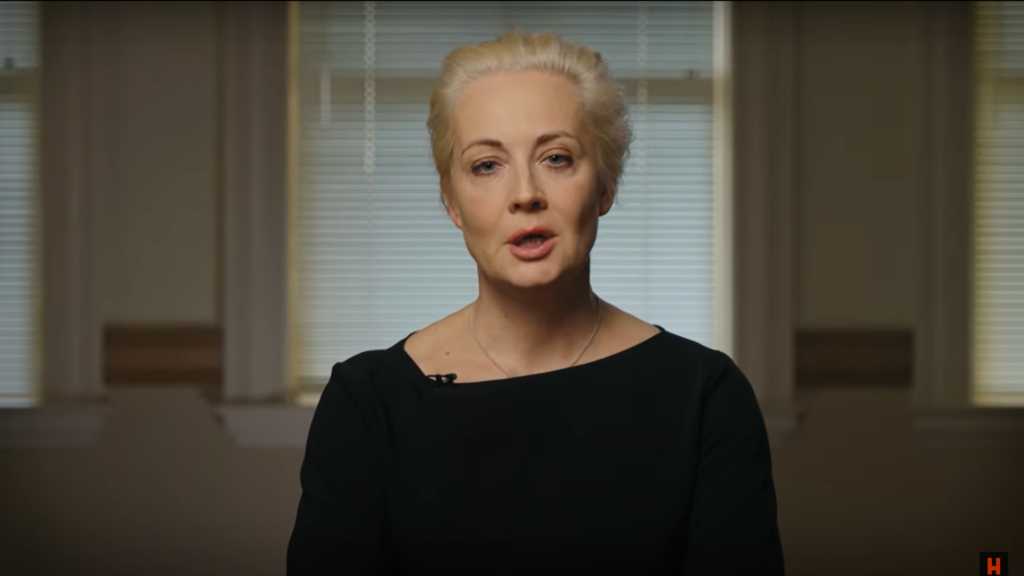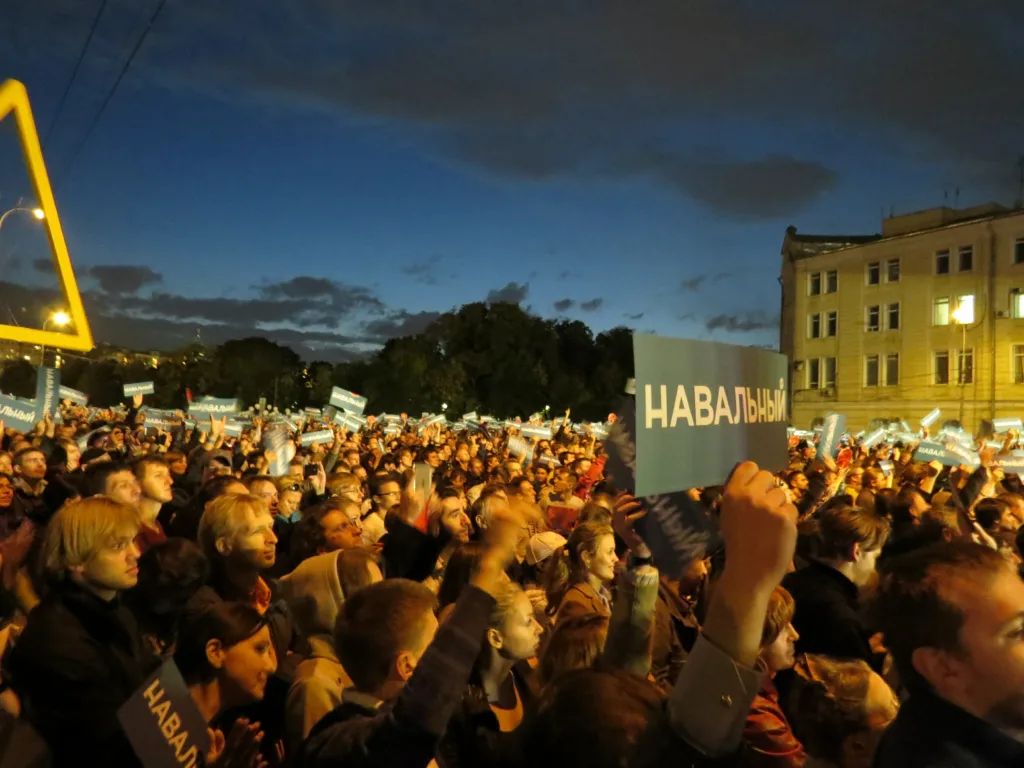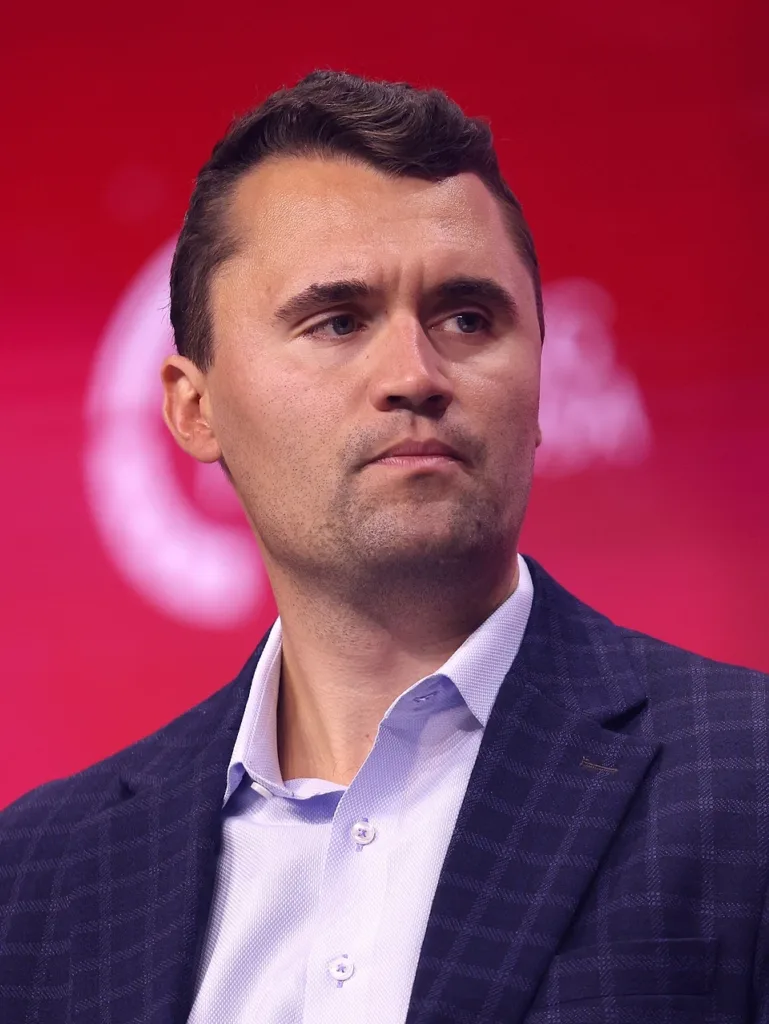Yevgeny Prigozhin, The Mysterious Death of Russia’s Most Infamous Mercenary
On Wednesday, August 23, 2023, a plane crash near Moscow presumed Yevgeny Prigozhin, the leader of the Wagner group, a notorious private military company involved in conflicts in Ukraine, Syria, and Africa, to be dead. Yevgeny Prigozhin, also known as “Putin’s chef” due to his catering business and close connections with the Russian president, had previously orchestrated an unsuccessful mutiny against the Russian armed forces in June 2023. This mutiny had exposed the vulnerability of Putin’s regime and triggered conjecture about Yevgeny Prigozhin’s fate.
The Plane Crash of Yevgeny Prigozhin
According to Russia’s civil aviation authority, Prigozhin was on the passenger list of a jet that crashed in the Tver region, north-west of Moscow, killing all 10 people on board¹². The plane was an Embraer-135 (EBM-135BJ) that was flying from Moscow to St Petersburg on Wednesday with seven passengers and three crew¹². Senior Wagner commander Dmitry Utkin, who founded the group in 2014, was also on the passenger list¹².
The cause of the crash remains unclear, but some sources allege that Russian air defenses shot down the plane²⁵. Social media linked to the Wagner group say that Prigozhin died “as a result of actions of traitors to Russia” and that local residents had heard two bangs before the crash and had seen two vapour trails². Tass news agency said that the plane had caught fire on hitting the ground². Authorities have initiated an investigation into the crash, and emergency services are actively searching the scene².

The Mutiny
Prigozhin’s death came two months after he led a historic uprising against Putin’s regime, inflicting the biggest crisis of Putin’s 23-year reign. On June 23-24, 2023, Prigozhin mobilized his Wagner troops from Ukraine, where they had been fighting alongside pro-Russian separatists since 2014, and seized the southern Russian city of Rostov-on-Don. He then announced his intention to march on Moscow and overthrow Putin, whom he accused of lying to the Russian people about the reasons and costs of the war in Ukraine¹²⁵.
The Russian military and security forces fiercely resisted Prigozhin’s rebellion, deploying helicopters, tanks, and special forces to halt his advance. The mutiny resulted in dozens of casualties on both sides and sparked panic and protests across Russia. Putin appeared on national television and vowed to “liquidate the traitor” and restore order¹²⁵.
Nonetheless, Prigozhin’s advance toward Moscow came to an abrupt stop when he brokered an agreement with Belarusian President Alexander Lukashenko. Lukashenko offered him asylum and protection in exchange for Prigozhin’s withdrawal from Russia. Prigozhin consented to relocate to Belarus along with some of his Wagner fighters, while others were permitted to either join the Russian army or return to Ukraine¹²⁵.

The Mystery
Prigozhin’s mutiny raised many questions about his motives, his relationship with Putin and his fate. Some analysts suggested that Prigozhin was acting on genuine grievances against Putin’s policies and corruption, while others argued that he was a pawn in a power struggle within the Kremlin or a scapegoat for Putin’s failures⁴⁵. Some even speculated that Putin himself staged the mutiny to divert attention from his domestic problems and to gather support for his regime⁴⁵.
After his exile in Belarus, Prigozhin seemed to enjoy a surprising degree of freedom and influence. He was able to move back and forth between Moscow and St Petersburg, where he owned several properties and businesses. Yevgeny Prigozhin also made public appearances in Russia and abroad, meeting with African officials at a summit in St Petersburg and releasing a video of him purportedly in Africa¹²⁵. He claimed that he had reconciled with Putin after a three-hour meeting at the Kremlin and that he still supported his leadership¹²⁵.
However, Prigozhin also faced many enemies and threats in Russia. He had a longstanding feud with the Russian military establishment, which considered him a traitor and a rival. Prigozhin also faced criminal charges for his involvement in the mutiny and other illegal activities. He was reportedly under surveillance by the Russian security services and had survived several assassination attempts in the past⁴⁵. Many observers believed that Prigozhin was living on borrowed time and that Putin would eventually eliminate him⁴⁵.

The Implications of Yevgeny Prigozhin’s death
Prigozhin’s death, if confirmed, would have significant implications for Russian politics and security. Prigozhin was a powerful and controversial figure who had played a key role in Putin’s foreign and domestic agenda. He was behind the Wagner group, which had become Russia’s main instrument of projecting power and influence in conflict zones such as Ukraine, Syria and Africa. He was also behind the Internet Research Agency, a notorious troll factory that had waged information warfare and interference campaigns in the US, Europe and elsewhere¹²⁵.
Prigozhin’s death would leave a vacuum in the Russian mercenary scene and could trigger a power struggle among his associates and rivals. It could also affect Russia’s relations with its allies and adversaries, especially in the regions where Wagner had been active. Moreover, Prigozhin’s death would raise suspicions and accusations about Putin’s role and responsibility in the plane crash and the mutiny. It could fuel further discontent and dissent among the Russian public and opposition, who have been demanding political reforms and accountability from Putin’s regime⁴⁵.
Prigozhin’s death would also pose a challenge for the international community, which had been trying to hold him accountable for his human rights violations and war crimes. The US, the EU, and other countries had imposed sanctions on Prigozhin for his engagement in the Ukraine war, the Syrian civil war, the Libyan civil war, and the Central African Republic conflict. Additionally, the US had indicted him for his involvement in the 2016 US presidential election interference. Prigozhin had denied all the charges and mocked the sanctions, calling himself “Putin’s chef who cooks nothing”¹²⁵.

The Conclusion
Yevgeny Prigozhin was a man of many faces and mysteries. He rose from a humble background to become one of Russia’s most influential and infamous figures. Prigozhin was a loyal ally of Putin, but also a potential threat to his regime. He was a ruthless warlord, but also a charismatic leader. Prigozhin was a master of deception, but also a victim of betrayal. His death, if true, would mark the end of an era and the beginning of a new one.
Source:
(1) Prigozhin’s death would leave lasting mark on Russian army and elite.
(2) Yevgeny Prigozhin: Wagner chief presumed dead after Russia plane … – BBC.
(3) Mercenary leader Yevgeny Prigozhin is presumed dead after a plane crash outside Moscow.
(4) Yevgeny Prigozhin: Wagner chief presumed dead after Russia plane … – BBC.
(5) ‘Prigozhin BETTER be alive’: Wagner fighters threaten to march on Moscow after Russia claimed mercenary was on-board doomed plane ‘brought down by bombs smuggled in wine crate ….
(7) Prigozhin’s death would leave lasting mark on Russian army and elite.
(8) Prigozhin’s jet crash ‘isn’t an accident’ and has hallmarks of FSB, say ….
(9) Russian dissident Yevgeny Prigozhin reported dead after a plane crash outside Moscow.
(10) Yevgeny Prigozhin: Was the Wagner chief a dead man walking?.



